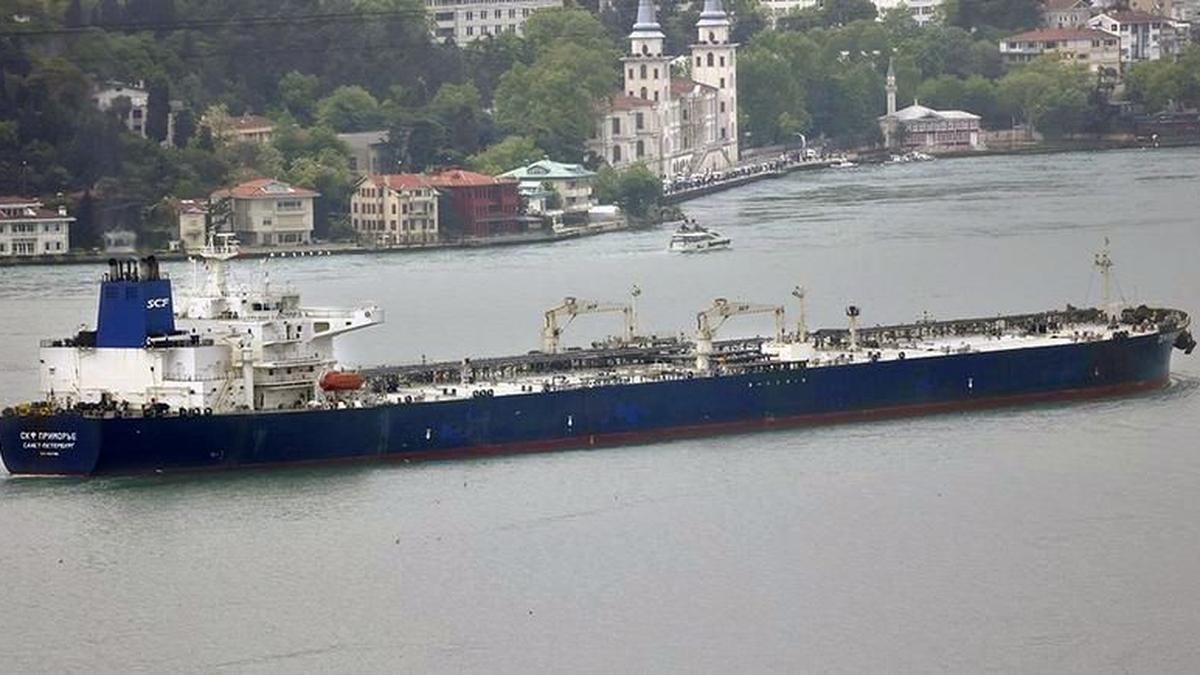
EU targets Russia’s ‘ghost fleet’, expresses concern over its ‘hybrid attacks’
The Hindu
EU imposes new sanctions on Russia targeting LNG tankers, hybrid attacks, and entities aiding Russia's aggression in Europe.
The European Union (EU) on June 24 slapped new sanctions on Russia over its war on Ukraine, targeting Moscow’s shadow fleet of tankers moving liquefied natural gas (LNG) through Europe.
At a meeting in Luxembourg, where the sanctions were endorsed, EU Foreign Ministers also expressed concern about a rise in hybrid attacks by Russia — including allegations of election interference, cyber-attacks and sabotage.
In an effort to push Russia into using more costly routes for energy purposes, the EU will “forbid reloading services of Russian LNG in EU territory for the purpose of transshipment operations to third countries,” the Ministers said in a statement.
The EU estimated that about 4-to-6 billion cubic metres of Russian LNG was shipped via EU ports last year. Russia is suspected of running a “ghost fleet” of up to 400 ships to evade sanctions and keep up the flow of energy earnings so that it can finance the war.
The measures will target ship-to-ship and ship-to-shore transfers as well as reloading operations. It also involves a crackdown on the re-export of LNG via the EU, plus a ban on new investments to help Russia complete LNG projects it is working on.
Scores of new “entities” — often companies, banks, and other agencies — were also added to the EU’s list, including some in China, Turkey and the United Arab Emirates. Many are accused of circumventing the bloc’s sanctions or providing sensitive equipment to Russia.
More than 50 officials were also being targeted with asset freezes, as well as travel bans. Russia’s President Vladimir Putin, Foreign Minister Sergey Lavrov and scores of lawmakers and oligarchs are among more than 1,700 people already listed by the EU.











